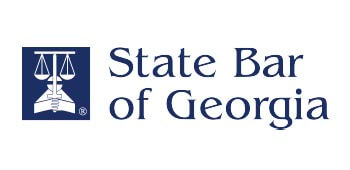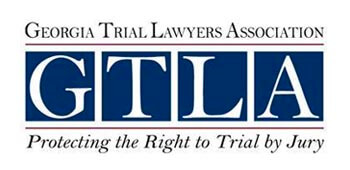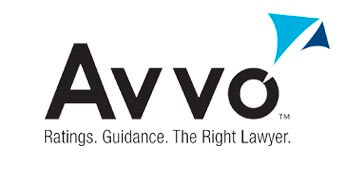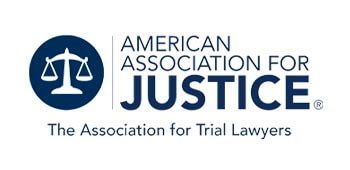Georgia’s labor laws allow you to apply for workers’ compensation benefits if you experience an on-the-job injury. Employees must report injuries to their employers within 30 days, as noted on Georgia’s State Board of Workers’ Compensation website.
According to Georgia’s SBWC website, you must fill out and submit a WC-14 form if you have a work-related injury. You must also send copies of the form to your employer and your employer’s workers’ compensation insurance carrier. Workers may request information from employers about their insurance carriers and how to contact them.
When may I see a doctor?
Employees have the right to see a doctor as soon as they experience an on-the-job injury. You may also seek treatment if you begin to experience symptoms of a developing or disabling physical condition.
Georgia law requires employers to post information about the health care providers available to treat workplace injuries. Your worksite must provide contact information for at least six doctors or medical groups employees may visit.
If an employer does not post a list of doctors you could see, it must instead provide information about its Workers’ Compensation Managed Care Organization. You may obtain a 24-hour contact number and a list of available medical services when you need treatment for a work-related injury.
Which injuries commonly qualify for workers’ comp?
According to Employers.com, lacerations and deep skin cuts reflect the most common on-the-job injuries. Rushing to complete tasks while using knives or other sharp tools, for example, could result in accidents. Muscle sprains and torn tendons rank second place as common injuries requiring workers’ comp.
Regardless of whether you failed to wear safety gear, you may apply for workers’ comp if an injury occurred while working. In addition to seeing a doctor, you may receive benefits that include payment for related medical treatments and time off from work for recovery.





